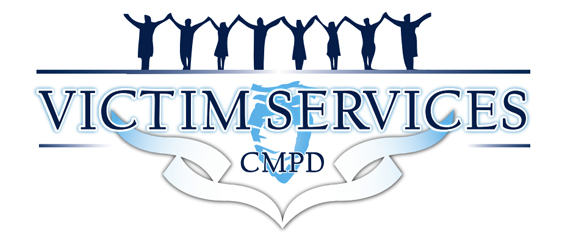 About Our Group
About Our Group
A sudden tragic event, like losing a loved one shatters our sense of order and leaves us in a world forever changed. Please know that you are not alone. The Charlotte Mecklenburg Police Department Victim Services Unit has the following support groups. Our objective is to provide non-judgmental safe environments for family members to come together to support, encourage, and share their challenges and experiences with others who understand.
The
Homicide Support Group meets the 1st Tuesday of each month at the Charlotte-Mecklenburg Police Department Headquarters, 601 E. Trade Street. The meeting begins at 6:30 p.m.
Youth Trauma & Grief Support Group meets the 1st Tuesday of each month at the Charlotte-Mecklenburg Police Department Headquarters, 601 E. Trade Street. The meeting begins at 6:30 p.m.
The
Traffic Related Deaths Support Group meets the 3rd Tuesday of each month at the Charlotte-Mecklenburg Police Department Headquarters, 601 E. Trade Street. The meeting begins at 6:30 p.m.
*** There is no registration required for the groups and we encourage you to join us. ***
Victim Services does not only offer the support group, but will help those in need of crisis intervention, emergency assistance, counseling referrals, court escort and orientation, and assistance in completing victim compensation applications. [
View a brief video of our services]
History
The Homicide Support Group was started in 2009. In 2018, the Youth Trauma & Grief Support Group was added. Chief Jennings values and supports the Homicide Support Group in their efforts to reach out to families impacted by the death of a loved one. The Traffic Related Deaths Support Group was initiated in 2016. In 2018, the Youth Trauma & Grief Support Group was initiated.
Volunteer Opportunities
Volunteer Family Advocates: these specially-trained volunteers are survivors and will work directly with families who have lost loved ones to homicide or traffic related deaths. Responsibilities include: supporting family members through a continuum of care services as outlined in the training process. Volunteers are expected to attend monthly meetings and special events.
Volunteer Requirements: Complete volunteer hours of training, pass a criminal background check, clear the vetting process, and commit to a minimum of one year of service.
For more information about volunteering with the Victim Support Services, please contact
Victim Support Specialist Migdalia Cortes.
Contact Information
For more information about the Homicide Support Group, the Traffic Related Deaths Support Group, or the Youth Trauma & Grief Support Group, please contact: